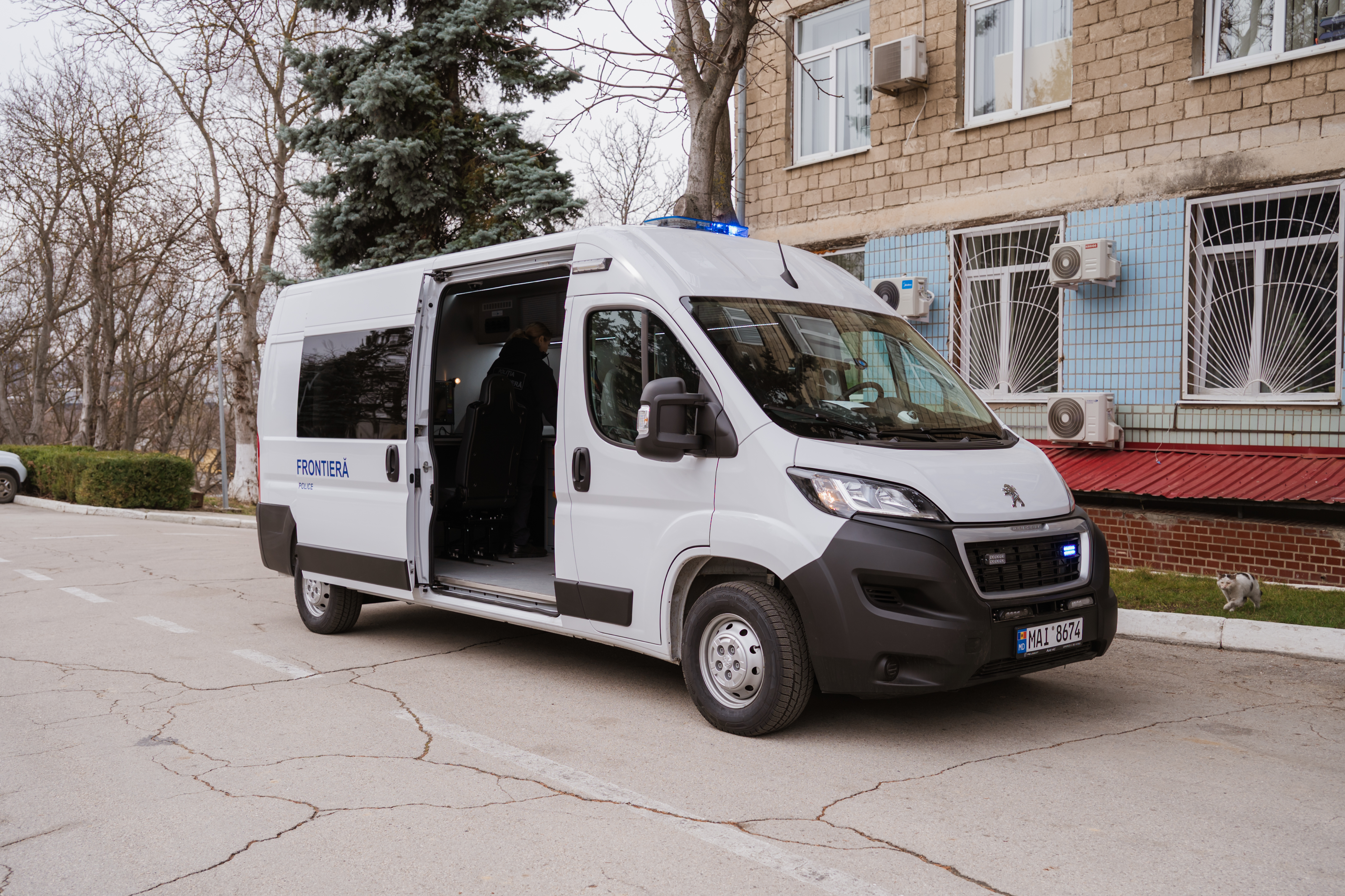Testimonial: Ana Tavartkiladze and the Migration Management Diploma at Maastricht University
In the third of a three-part series, recent graduates from the spring 2024 cohort of the “Migration Management Diploma programme” offered by Maastricht University share their experience with the Migration Partnership Facility. Today’s testimonial is Ana Tavartkiladze from the Consular Department of the Ministry of Foreign Affairs of Georgia.









